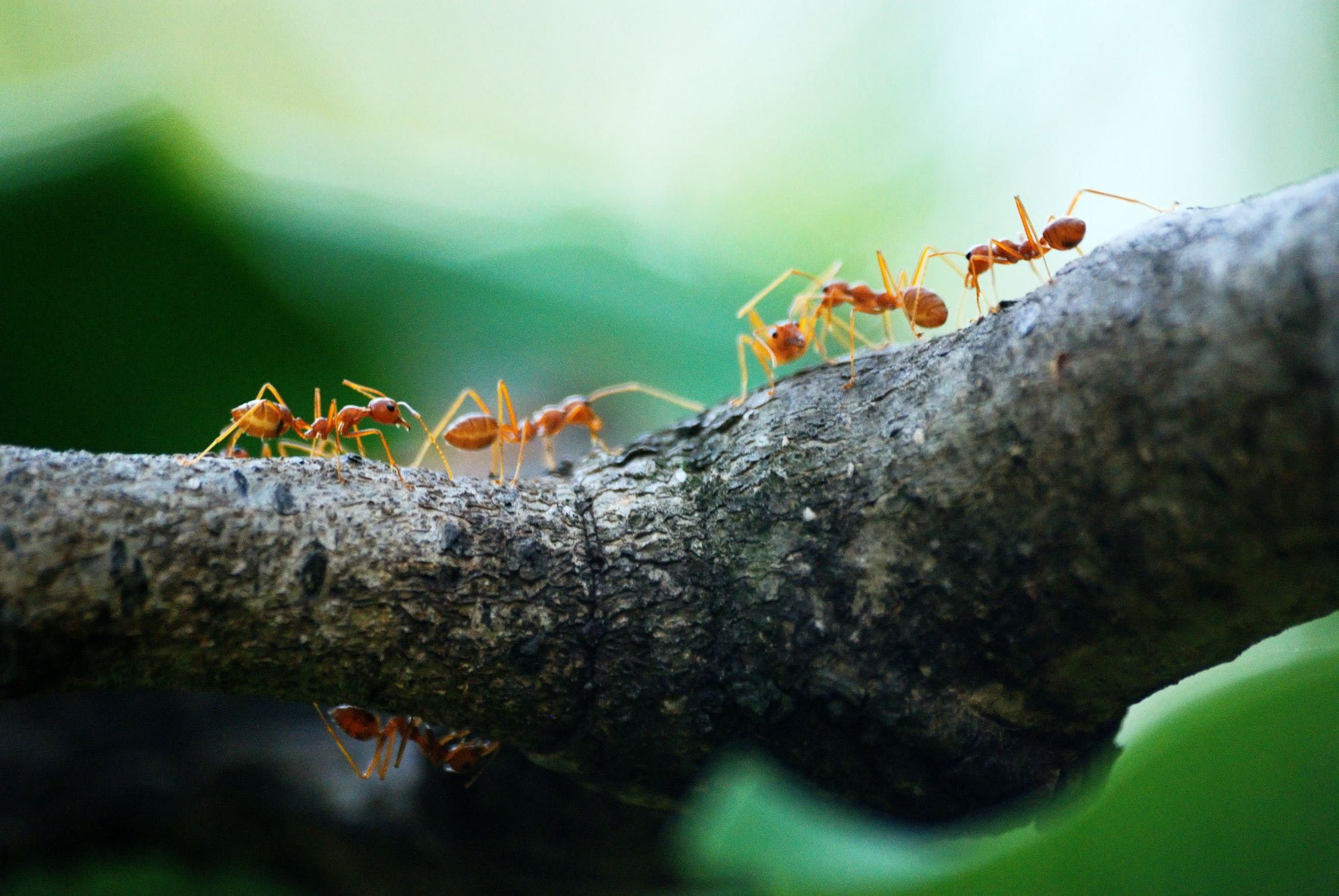In this time of Covid-19, more and more people who are stuck at home are growing their own fruits and vegetables. This not only cuts down on trips to a supermarket where the virus may be lurking but supports the health of the gardener and their family. This is crucial when faced with an illness that wreaks havoc on the immune system.
The health-giving power of homegrown food is enhanced when the gardener avoids using chemical pesticides on their plants as much as they can. Yet, pests inevitably arrive. Are there ways to defeat them without harsh chemicals? Read on for more information.
Beneficial Insects
There’s a wealth of beneficial insects that would love to have a go at the insects that are having a go at the kitchen garden. Among them are:
Ladybugs
Ladybugs and their larvae like nothing better than to eat aphids. They can go through 30 to 40 aphids every day. Though people are most familiar with the cute red beetle with black spots, ladybugs are also gray, yellow, orange, and black, and they may lack spots. They can be bought from suppliers or enticed to a garden by planting scented geraniums, angelica, or tansy. Their eggs are oval, orange-yellow, and found on the underside of leaves.
Praying Mantis
The supremely weird-looking praying mantis is a bright green or brownish-gray insect that can swivel its triangular head with its huge eyes close to 360 degrees. It’s the only insect that can do this. The praying mantis patiently sits on leaves with its forelegs raised, waiting for prey. It’s not fussy and will eat just about anything it can tackle. Praying mantises lay eggs in cases that can be bought at the local garden supply store. When the nymphs hatch, they are so hungry that they’ll happily devour each other.
Assassin Bug
These bugs range from 1/2 to 3/4 inch in length, but their small size belies their ferocity. Depending on the species, an assassin bug will make short work of tomato hornworms, Japanese beetles, and large caterpillars.
Assassin bugs are long or oval and may be drab or brightly colored. They have a curved beak that helps them inject venom into their prey then devour it. Assassin bugs should be handled with care as they do bite. Planting lots of perennials in the garden encourages them to stay.
Other Remedies
Beneficial Nematodes
Juvenile nematodes resemble worms, even though they’re not related to worms. They are microscopic and kill insect pests by injecting them with bacteria. They are not harmful to humans, pets, birds, plants, or honeybees; they do feast on grubs that feast on the roots of plants. After the grubs are gone, the nematodes die.
Nematodes are so tiny that many of them need to be applied to the soil to be effective. Gardening experts recommend about 50,000 nematodes per square foot of a raised bed or row. They can be used in compost piles as well as the garden.
Diatomaceous Earth
This is a type of sand that’s collected from riverbeds. It’s made up of the skeletons of microorganisms called diatoms. A water-loving substance, it kills pests by drying them out. Because of this, diatomaceous earth is good on aphids, slugs, and mites but has also been known to discourage harder bodied insects such as s weevils.
It’s best to apply a dusting of diatomaceous earth after a light rain or just before the dew dries in the morning. It can also be added to insecticidal soap in a ratio of 1/4 pound diatomaceous earth to 1 teaspoon of insecticidal soap to 5 gallons of water. This can be sprayed on plant surfaces then reapplied after a rain.
The Garden Hose
Many gardeners are pleasantly surprised to find that a blast of water from a garden hose nozzle is enough to wash off insect pests, especially soft-bodied ones such as aphids. The gardener will indeed need to be vigilant about wielding the hose throughout the season. Still, this method not only gets rid of pests but gives the plant a drink, or at least cools it off, as well.
These are some ideas to keep a quarantine garden mostly pest-free. By the way, if you’re struggling with how this year is going, you’ll find some great advice on Nexus Recovery’s Mental Health guide for social isolation.

